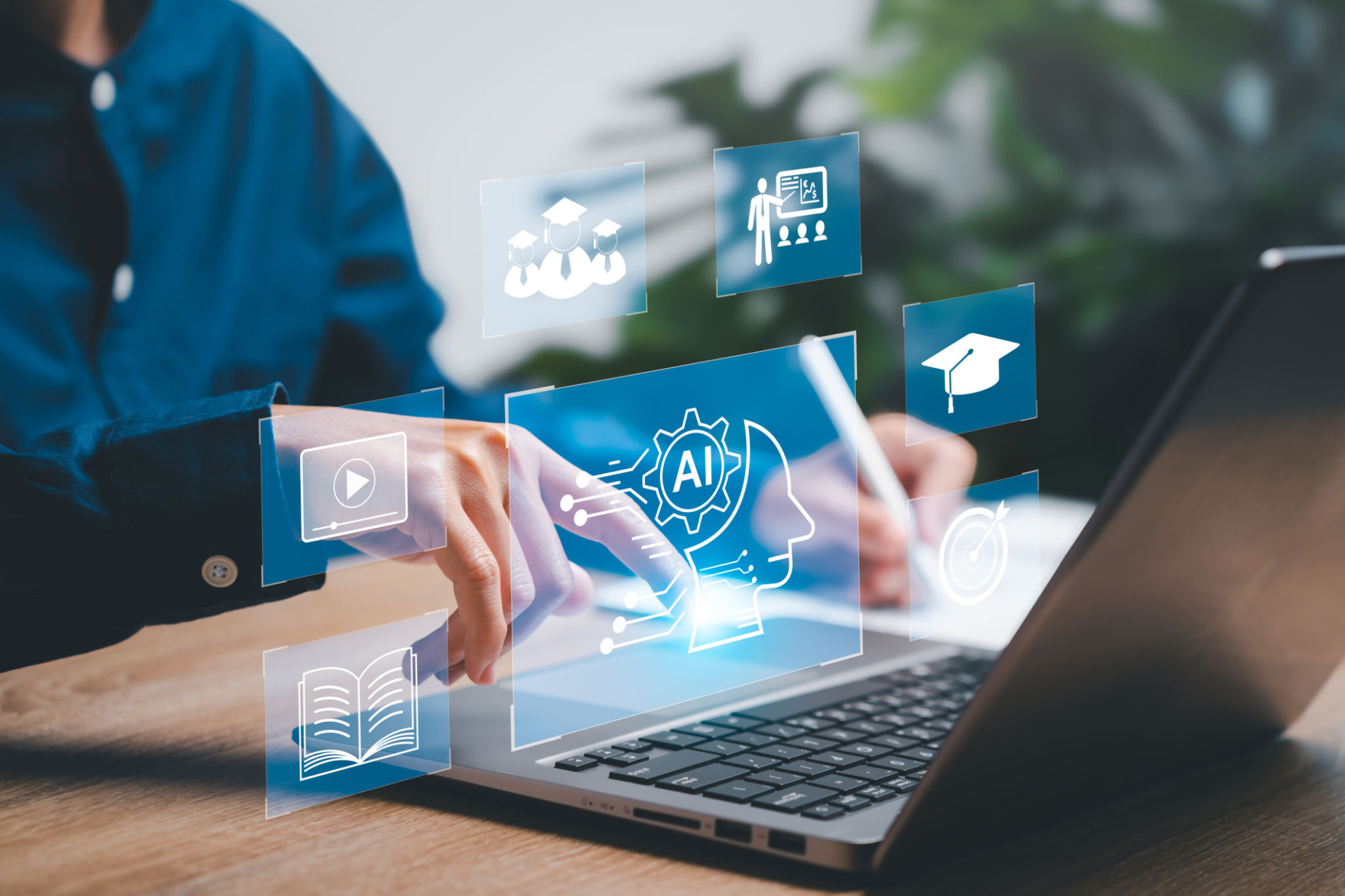Comprehensive Guide to Innovation in Education: Leveraging Technology for Student Success
The Role of Technology in Modern Education
In today's fast-paced world, technology plays a pivotal role in shaping various sectors, and education is no exception. The integration of technology in education is not just a trend but a necessity to enhance the learning experience and prepare students for the future. By leveraging technology, educators can create interactive and engaging learning environments that cater to different learning styles.

Technology enables access to a wealth of information and resources, breaking down geographical barriers and providing equal learning opportunities. With digital tools, students can explore subjects in depth, participate in virtual field trips, and engage with interactive simulations that make complex concepts easier to understand.
Innovative Tools for Enhanced Learning
Various innovative tools have emerged to support technology-driven education. Learning management systems (LMS) are at the forefront, providing platforms for educators to share materials, assignments, and feedback with students. These systems streamline administrative tasks and allow for personalized learning pathways.
Another significant innovation is the use of educational apps and software that offer tailored learning experiences. These applications often include gamified elements, making learning more enjoyable and motivating for students. Additionally, tools like virtual reality (VR) and augmented reality (AR) open new dimensions for immersive learning experiences.

Online Learning: A New Frontier
The rise of online learning platforms has transformed traditional education models. Students can now access courses from prestigious institutions worldwide without leaving their homes. This flexibility allows learners to balance their studies with other commitments while acquiring new skills and knowledge.
Moreover, online learning fosters a self-paced environment where students can progress at their own speed. It also encourages the development of critical skills such as time management, self-discipline, and digital literacy, which are essential in today's world.
The Impact of Artificial Intelligence
Artificial Intelligence (AI) is revolutionizing education by offering personalized learning experiences. AI-driven systems can analyze a student's performance and adapt the content to suit their strengths and weaknesses. This customization ensures that each student receives the support they need to succeed.

AI also assists educators by automating administrative tasks such as grading and attendance tracking. This allows teachers to focus more on teaching and interacting with students. Furthermore, AI-powered chatbots can provide instant assistance to students, answering queries and offering guidance outside school hours.
Challenges and Considerations
While technology offers numerous benefits, it's important to address the challenges associated with its implementation in education. Issues such as digital equity, data privacy, and teacher training need careful consideration. Ensuring that all students have access to the necessary technology is crucial for the success of tech-driven educational initiatives.
Moreover, educators need ongoing professional development to stay updated with technological advancements and integrate them effectively into their teaching practices. By addressing these challenges, the education sector can fully harness the potential of technology for student success.
